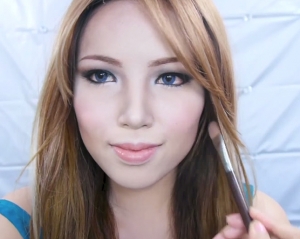On March 28, millions of Nigerians will vote in what many are calling one of the most critical elections in the country’s history. As the incumbent, President Goodluck Jonathan, faces his leading challenger, Muhammadu Buhari—who briefly ruled Nigeria in the 1980s as part of the military regime—the country, the most populous in Africa, grapples with Boko Haram, rampant corruption, and a growing economic crisis. Women and girls have been at the heart of the campaigns and recent crises, but more often than not, depicted as helpless victims or collateral damage. From the 270 schoolgirls kidnapped from Chibok a year ago to the rise of female suicide bombers, the plight of Nigeria’s women and girls is regularly highlighted in the news. Yet these headlines fail to capture two critical


